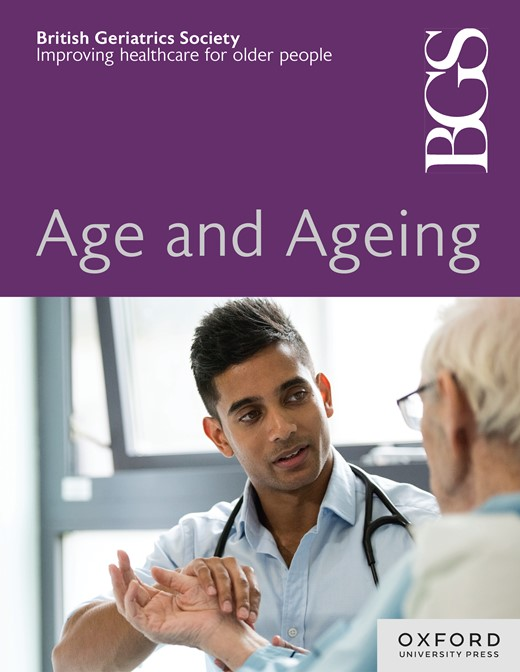重新构想和打造预先护理规划
IF 6
2区 医学
Q1 GERIATRICS & GERONTOLOGY
引用次数: 0
摘要
传统上,预先护理计划(ACP)旨在确保患者的临终(EOL)意愿得到理解和尊重。然而,最近的文献引起了人们对其有效性的担忧,许多试验表明,预先护理规划并不能显著改善目标一致的护理、提高生活质量或降低医疗成本。这是因为由于预测偏差,患者未来的决定会受到其短暂偏好的影响。为了保持其相关性,ACP 需要在视角、实施和品牌方面进行彻底转变。首先,必须重新定义 ACP 的使命,将重点放在:教育、分享和准备上:教育、分享和准备。这一观点强调就患者的健康和疾病进行持续对话,分享患者当前的价值观和护理目标,并为未来做好准备,而不是做出明确的未来决定。其次,应将 ACP 纳入常规护理,使这些讨论正常化。简化 ACP 流程并转变激励机制以支持利益相关者共同承担责任,可以加强整合。最后,将 ACP 重新命名为 "预先护理准备 "可以明确其目的,将其与临终关怀规划区分开来并提高其使用率。这一品牌重塑可确保 ACP 满足患者及其家属不断变化的需求,最终提高护理质量和患者满意度。这些观点、实施和品牌方面的改变可以将 ACP 转变为提供富有同情心、以患者为中心的医疗保健服务的重要工具,使其与所有人息息相关。本文章由计算机程序翻译,如有差异,请以英文原文为准。
Reimagining and rebranding advance care planning
Advance care planning (ACP) has traditionally aimed at ensuring that patients’ end-of-life (EOL) wishes are understood and respected. However, recent literature raises concerns about its effectiveness, with many trials indicating that ACP does not significantly improve goal-concordant care, enhance quality of life or reduce healthcare costs. This is because patients’ future decisions are influenced by their transient preferences due to projection bias. To remain relevant, ACP requires a radical shift in perspective, implementation and branding. First, ACP’s mission must be redefined with a focus on: Educate, Share and Prepare. This perspective emphasises ongoing conversations about patient health and illness, sharing of patients’ current values and goals of care and preparation for the future, rather than making definitive future decisions. Second, ACP should be integrated into routine care, normalising these discussions. Simplifying ACP processes and shifting incentives to support shared responsibility among stakeholders can enhance integration. Last, rebranding ACP as ‘Advance Care Preparation’ can clarify its purpose, distinguishing it from EOL planning and increasing its uptake. This rebranding ensures that ACP meets the evolving needs of patients and their families, ultimately enhancing the quality of care and patient satisfaction. These changes in perspective, implementation and branding can transform ACP into a valuable tool for delivering compassionate, patient-centred healthcare, making it relevant to all individuals.
求助全文
通过发布文献求助,成功后即可免费获取论文全文。
去求助
来源期刊

Age and ageing
医学-老年医学
CiteScore
9.20
自引率
6.00%
发文量
796
审稿时长
4-8 weeks
期刊介绍:
Age and Ageing is an international journal publishing refereed original articles and commissioned reviews on geriatric medicine and gerontology. Its range includes research on ageing and clinical, epidemiological, and psychological aspects of later life.
 求助内容:
求助内容: 应助结果提醒方式:
应助结果提醒方式:


